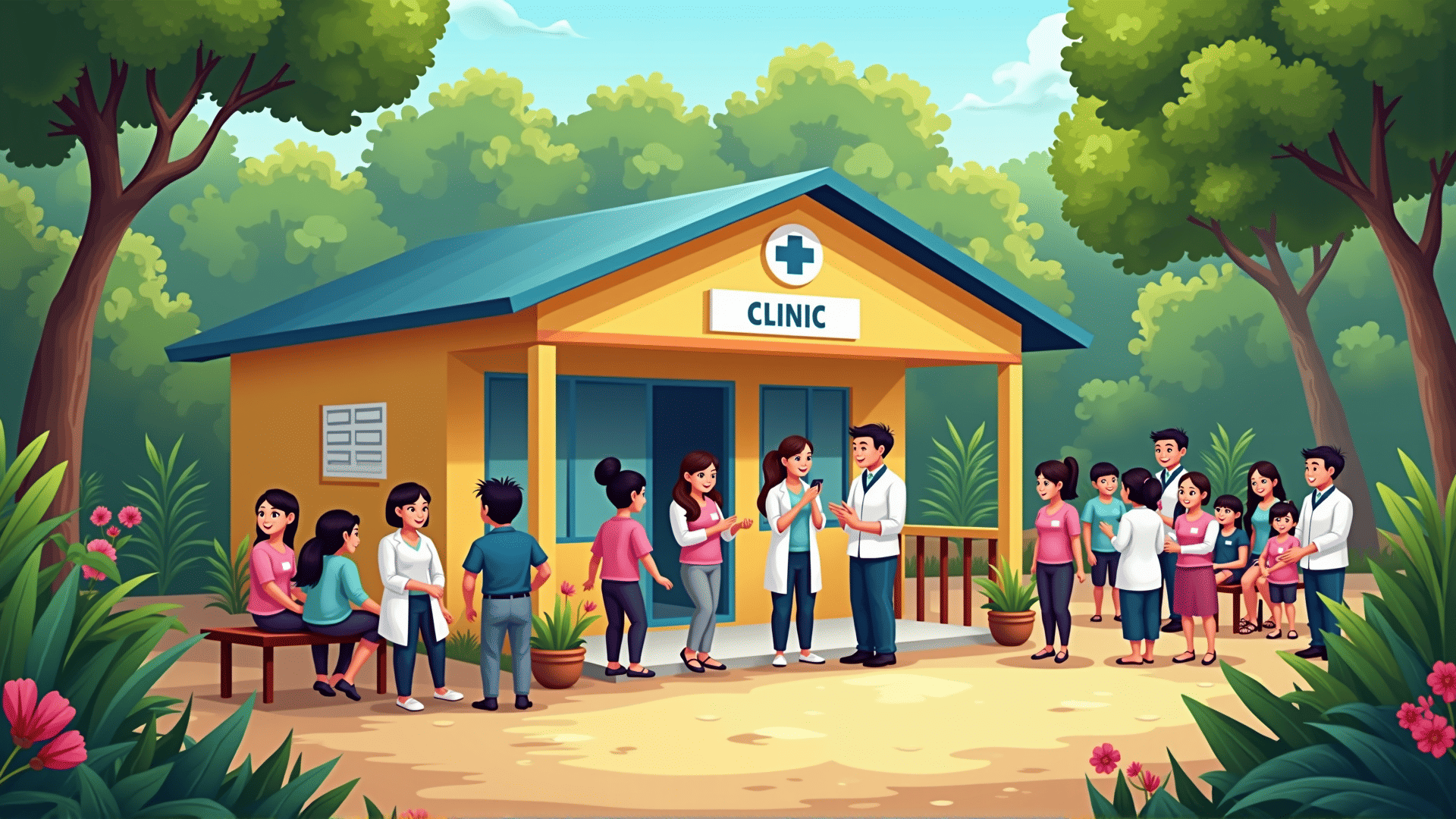Community health initiatives play a crucial role in providing vital healthcare services to areas that often lack access to essential medical support. These initiatives are designed to uplift the overall well-being of individuals in underserved regions, making health care accessible and inclusive for all, regardless of geographical or socio-economic barriers.
Focusing on preventive care, these programs strive to educate communities about crucial health practices and the importance of regular check-ups. By organizing health camps, workshops, and outreach programs, they offer screenings and vaccinations that are otherwise difficult to obtain for many residents. Additionally, these initiatives often provide resources for managing chronic illnesses, aiming to reduce the long-term impact of such conditions through early detection and consistent management.
Another significant aspect of these health initiatives is their emphasis on mental health. Recognizing that mental well-being is as important as physical health, many programs offer counseling and support groups. This holistic approach ensures that mental health challenges, which are often stigmatized or overlooked, are addressed with compassion and care.
To effectively reach and serve diverse communities, these initiatives often involve collaboration between local healthcare providers, non-profit organizations, volunteers, and community leaders. This collaboration helps tailor healthcare interventions to the unique needs of each community, ensuring that solutions are culturally sensitive and practically applicable.
Innovative approaches, including telemedicine, have been embraced to overcome barriers related to transportation and availability of healthcare professionals. By using technology to bridge the gap, many communities can now access consultations and medical advice remotely, broadening the scope and impact of these health initiatives.
Overall, community health initiatives are indispensable in fostering healthier lifestyles and improving the quality of life in underserved areas. By focusing on accessibility, education, and innovation, these programs not only address immediate health concerns but also build a foundation for sustainable, long-term community wellness. Through relentless dedication and a compassionate approach, they bring hope and tangible improvements to the lives of many individuals and families.
